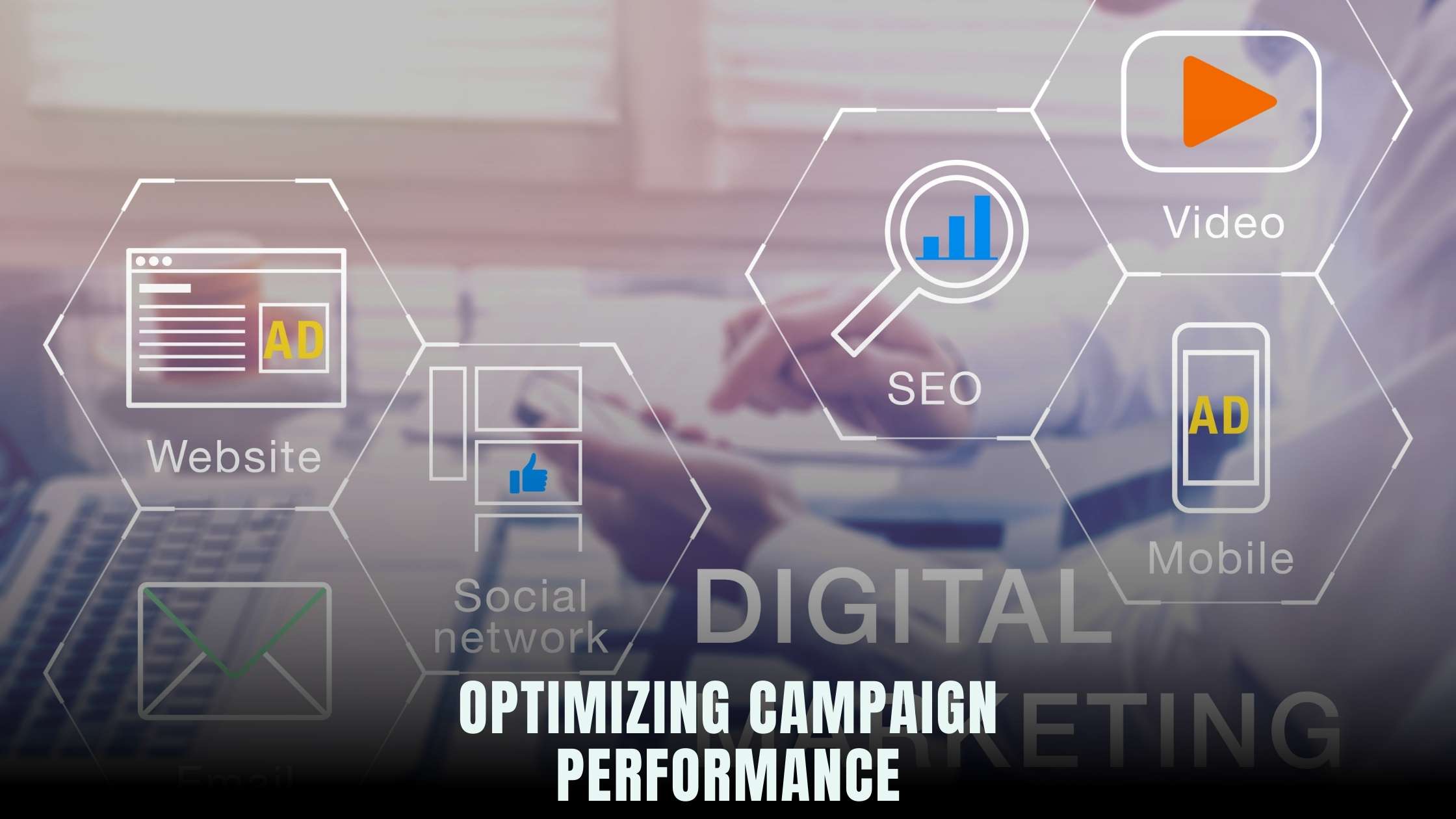Assessing Campaign Impact: Testing the Effectiveness of Social Media Strategies
- Data as a Service (DaaS) Software Marketing & Analytics


In the realm of digital marketing, social media has emerged as a powerful tool for businesses to connect with their target audience, build brand awareness, and drive conversions. However, determining the effectiveness of social media campaigns remains a challenge for many marketers. In this article, we will explore various strategies for assessing the impact of social media campaigns and optimizing their performance.
Understanding Social Media Campaign Effectiveness
Assessing the impact of a social media campaign involves evaluating its performance against predefined goals and objectives. Key metrics such as reach, engagement, conversion rates, and return on investment (ROI) play a crucial role in determining the success of a campaign.
Key Metrics for Evaluating Campaign Effectiveness
- Reach: The total number of people who have been exposed to your social media content, including followers and non-followers.
- Engagement: The level of interaction your content receives, including likes, comments, shares, and clicks.
- Conversion Rates: The percentage of users who take a desired action, such as making a purchase or signing up for a newsletter, as a result of engaging with your social media content.
- ROI: The return on investment generated by the campaign, calculated by comparing the revenue generated to the cost of running the campaign.
How do you test the effectiveness of a social media campaign?
Testing the effectiveness of a social media campaign involves a combination of quantitative analysis and qualitative assessment. Here are some strategies for evaluating campaign performance:
1. A/B Testing
A/B testing involves creating multiple versions of your social media content and measuring the performance of each variant against predefined objectives. By testing different variables such as headlines, images, and calls-to-action, marketers can identify which elements resonate most with their audience.
2. Tracking Metrics
Utilizing social media analytics tools such as Facebook Insights, Twitter Analytics, and Google Analytics, marketers can track key metrics in real-time to assess the performance of their campaigns. These tools provide valuable insights into audience demographics, engagement patterns, and conversion rates.
3. Surveys and Feedback
Collecting feedback from your audience through surveys, polls, and focus groups can provide valuable insights into the effectiveness of your social media campaigns. By soliciting input directly from your target audience, you can gain a deeper understanding of their preferences, needs, and pain points.
4. Benchmarking Against Competitors
Comparing your social media performance against that of your competitors can help you identify areas of strength and weakness in your campaigns. By analyzing competitor activity, engagement levels, and audience demographics, you can glean valuable insights to inform your own strategy.
5. Attribution Modeling
Attribution modeling involves assigning credit to various touchpoints along the customer journey to determine the impact of each interaction on conversion rates. By analyzing how social media contributes to conversions across different channels, marketers can optimize their campaign strategies for maximum impact.
Relevant SaaS Products for Campaign Assessment
To facilitate the assessment of social media campaign effectiveness, several SaaS products offer advanced analytics, testing, and monitoring tools. Here are some notable options:
- Hootsuite: Hootsuite is a social media management platform that offers analytics, scheduling, and monitoring tools to help businesses measure the impact of their social media campaigns.
- Sprout Social: Sprout Social provides comprehensive social media analytics and reporting features, allowing marketers to track key metrics and measure the effectiveness of their campaigns.
- Buffer: Buffer offers social media scheduling and analytics tools that enable businesses to track engagement, reach, and conversion rates across various platforms.
- Google Analytics: Google Analytics provides robust tracking and reporting capabilities, allowing marketers to measure the impact of their social media campaigns on website traffic, conversions, and revenue.
Conclusion
Assessing the impact of social media campaigns is essential for optimizing performance and driving business results. By utilizing a combination of analytics tools, testing methodologies, and feedback mechanisms, marketers can gain valuable insights into the effectiveness of their campaigns and make data-driven decisions to improve ROI.
Subscribed.FYI Deals: Enhancing Your Campaign Assessment
As businesses seek to optimize their social media campaign assessment strategies, having access to the right SaaS tools and services is crucial. Subscribed.FYI offers a curated selection of SaaS products tailored to campaign assessment and optimization, empowering marketers to measure, analyze, and optimize the impact of their social media efforts.
With Subscribed.FYI Deals, users gain access to exclusive discounts and offers on a wide range of SaaS tools, including social media analytics platforms, testing tools, and monitoring solutions. By unlocking these deals, marketers can enhance their campaign assessment strategies and drive better results from their social media efforts.
Sign up for free today and discover the tools you need to assess and optimize your social media campaigns with Subscribed.FYI.
Relevant Links:
Explore more deals on Subscribed.FYI








